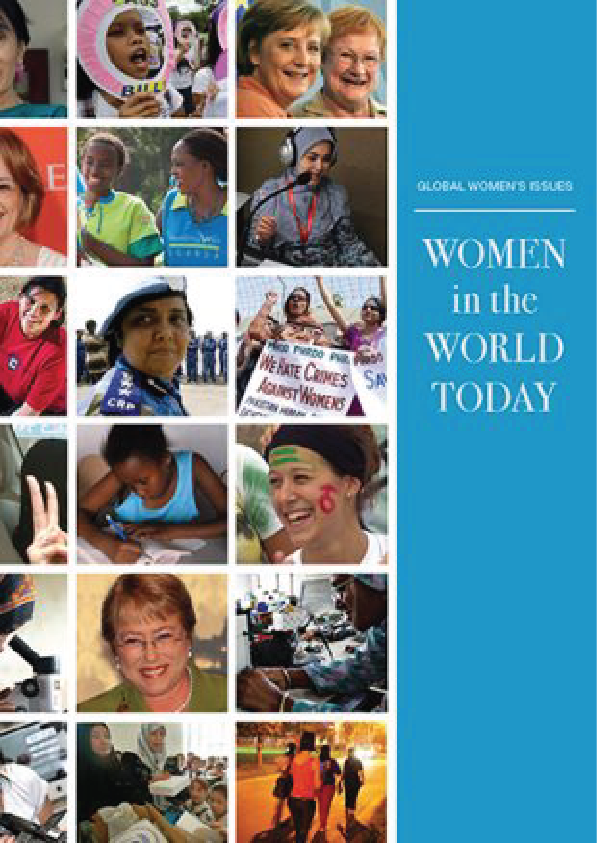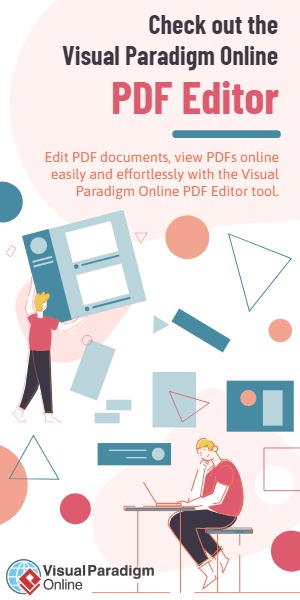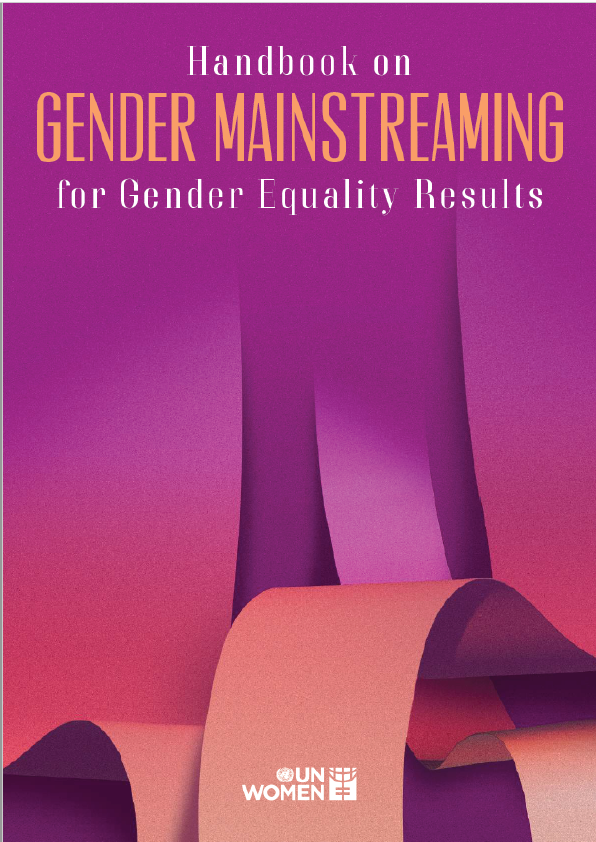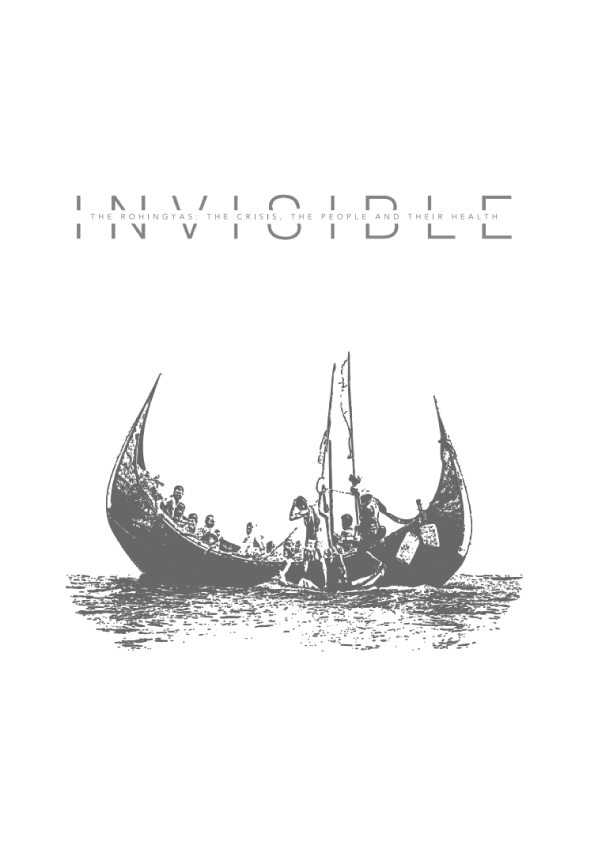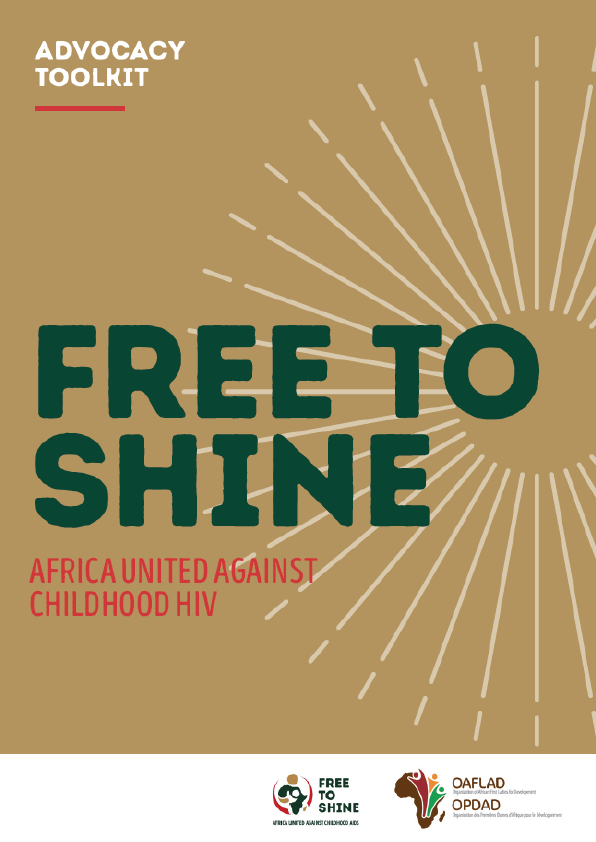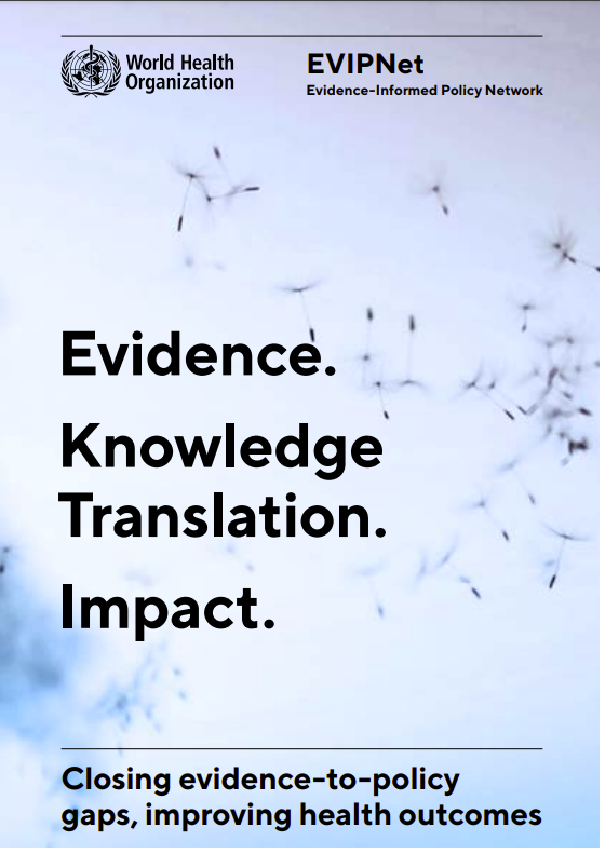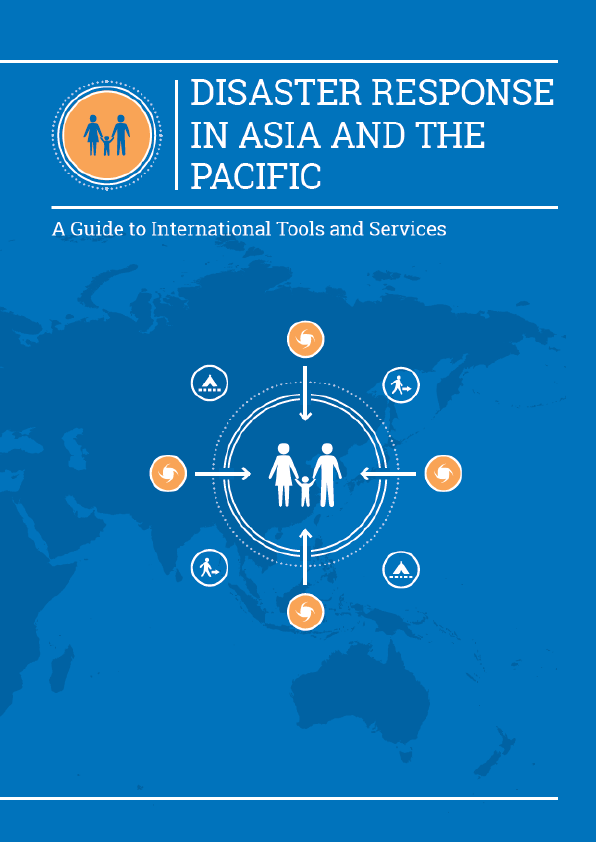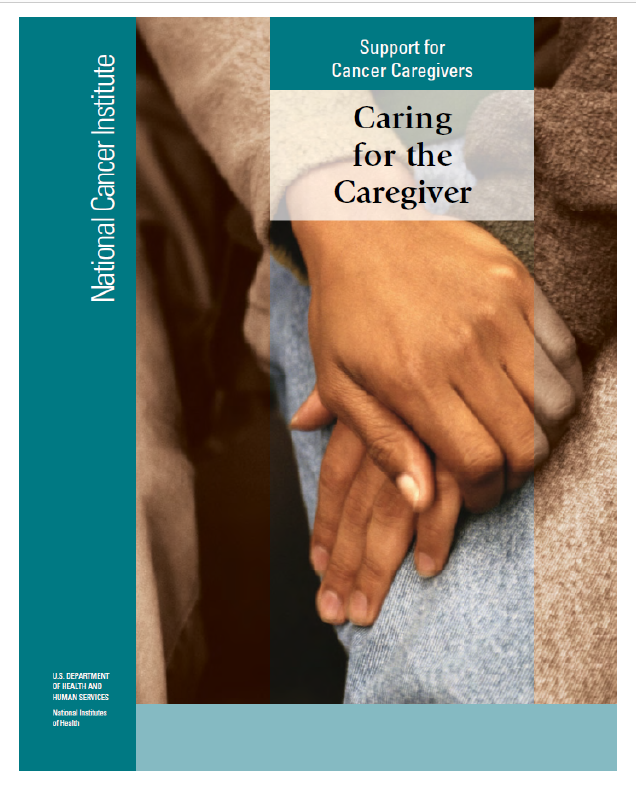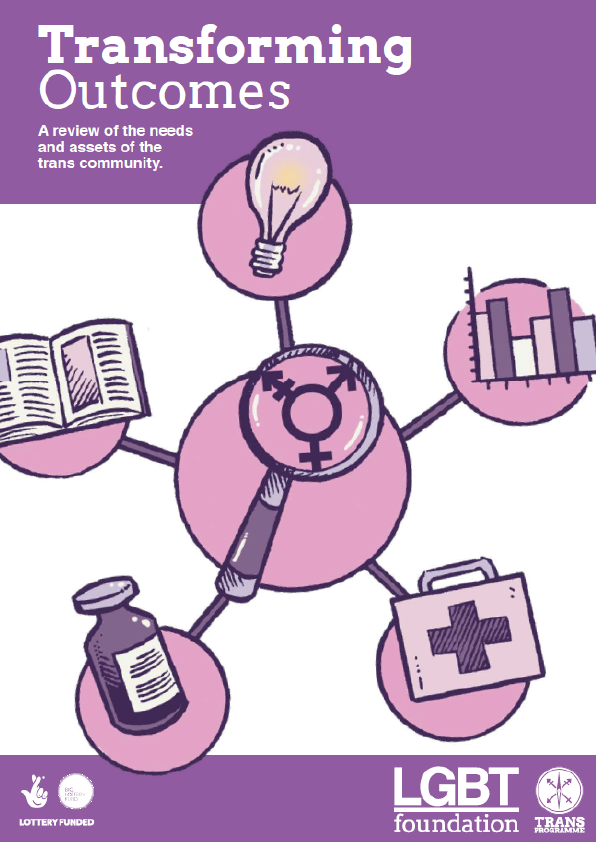In September 1995, I joined representatives from 189 countries for the United Nations’ Fourth World Conference on Women in Beijing. That event still stands out as one of the great honors and highlights of my life.
That 1995 historic gathering brought together people of all backgrounds and beliefs to voice our support for women’s rights and put women’s issues at the forefront of the global agenda. Together, we outlined a Plan of Action to improve the condition of women and girls worldwide.
In the years since Beijing, advocates, activists and governments around the world have used that plan to advance opportunity and progress for women. The good news is that we have accomplished a great deal. More girls are enrolled in school, more women hold political office, and more laws exist to protect vulnerable populations.
Unfortunately, we have a long way yet to go. Sometimes by custom, sometimes by law, millions of women worldwide are still denied their rights. They are excluded from public life in their societies, subjected to violence or barred from getting an education, taking a job or driving a car.
This is morally wrong. It offends our basic sense of justice and fairness. But it is unacceptable for another reason too — because it keeps countries from making real progress in creating jobs, sparking economic growth and giving all their people an opportunity to create a better future. No country can advance when half its population is left behind.
But when women are empowered to exercise their human rights and afforded equal opportunities, amazing things happen. The benefits don’t stop with an individual woman. They spread to entire communities and countries. Simply helping girls stay in school longer, for example, has a powerful effect. Birth rates drop. So does the number of young children who die. HIV infections, domestic violence and female cutting all decline. And, in nations divided by violent conflict, the chances for lasting peace go up when women are part of the solution. Women play important roles as peacekeepers, as they did in Northern Ireland and Liberia. In short, women around the world sustain families, build communities and knit the social fabric together.
At the State Department, we believe elevating the status of women and girls in their societies is not only the right thing to do, it is also the smart thing to do. Women and girls are often a community’s greatest untapped resource, which makes investing in them a powerful and effective way to promote international development and our diplomatic agenda. We’re working to address the issues that impede women’s progress and putting critical tools into women’s hands. For example, a cellphone can transform a woman’s life by giving her a way to safely deposit her savings or receive payments through mobile banking, or by helping her connect to markets outside her village. Yet many women lack access to cellphones and the benefits they offer, so we launched the mWomen partnership to reduce the gender gap in mobile technology. And the Global Alliance for Clean Cookstoves is providing a standard for safe, efficient, nonpolluting stoves to women. Clean cookstoves will improve the health of women and their families, the quality of the air they breathe, as well as their economic conditions.
